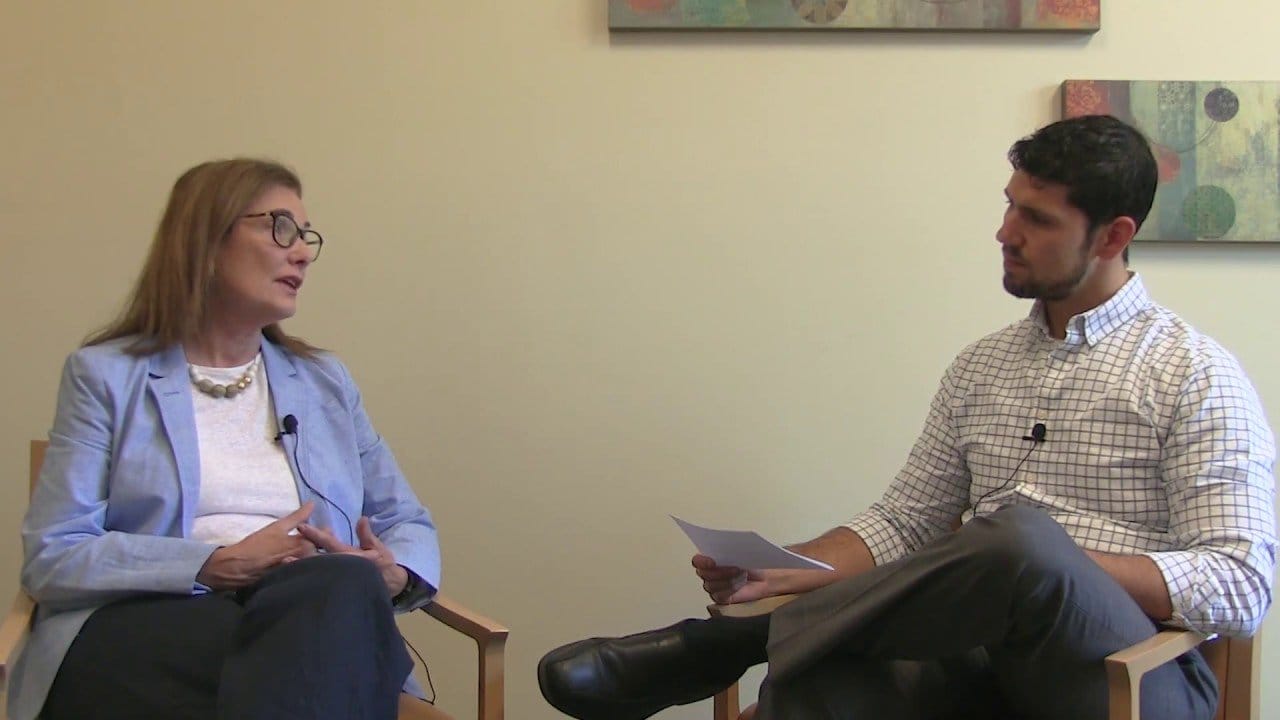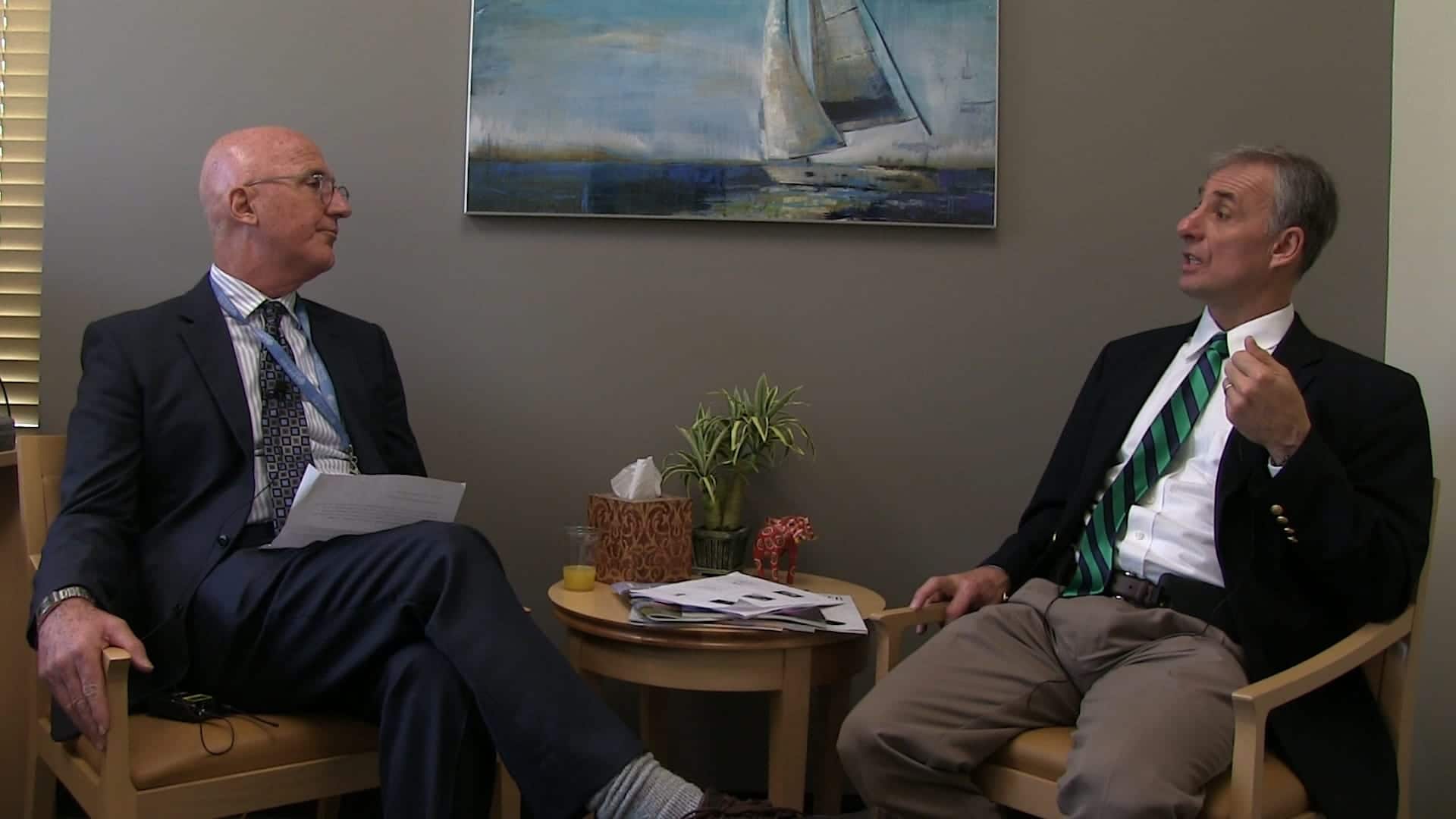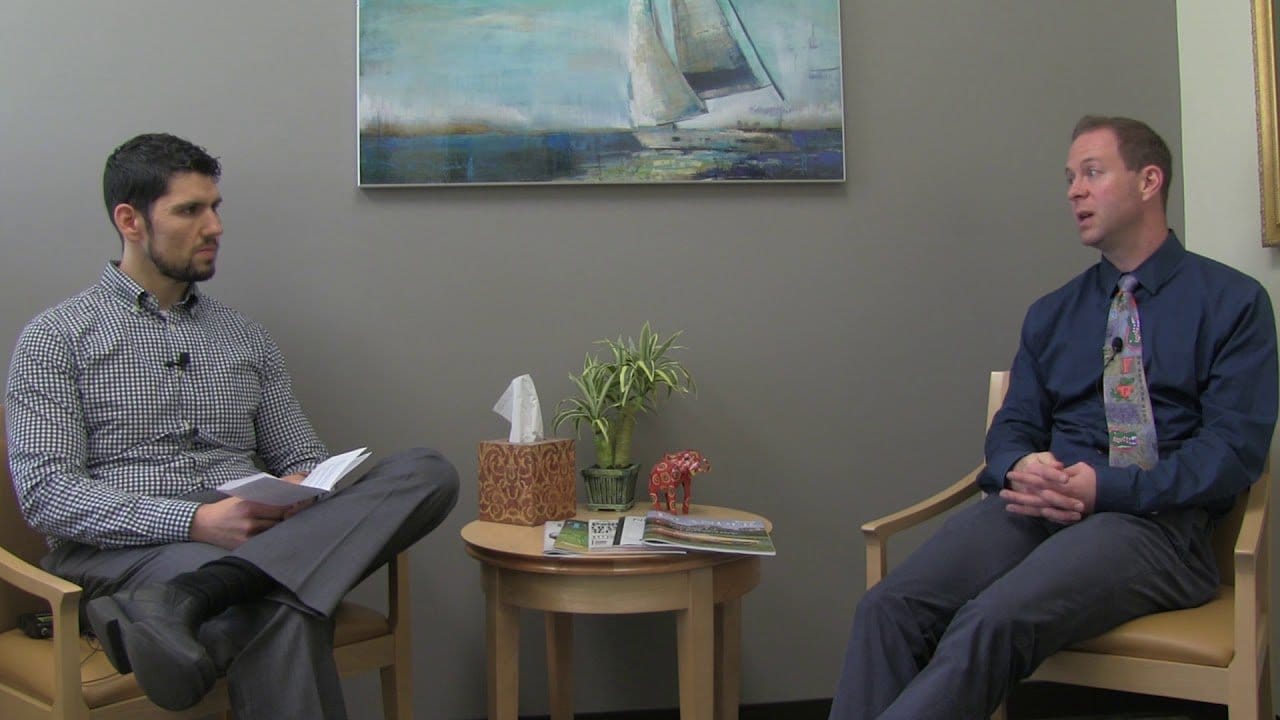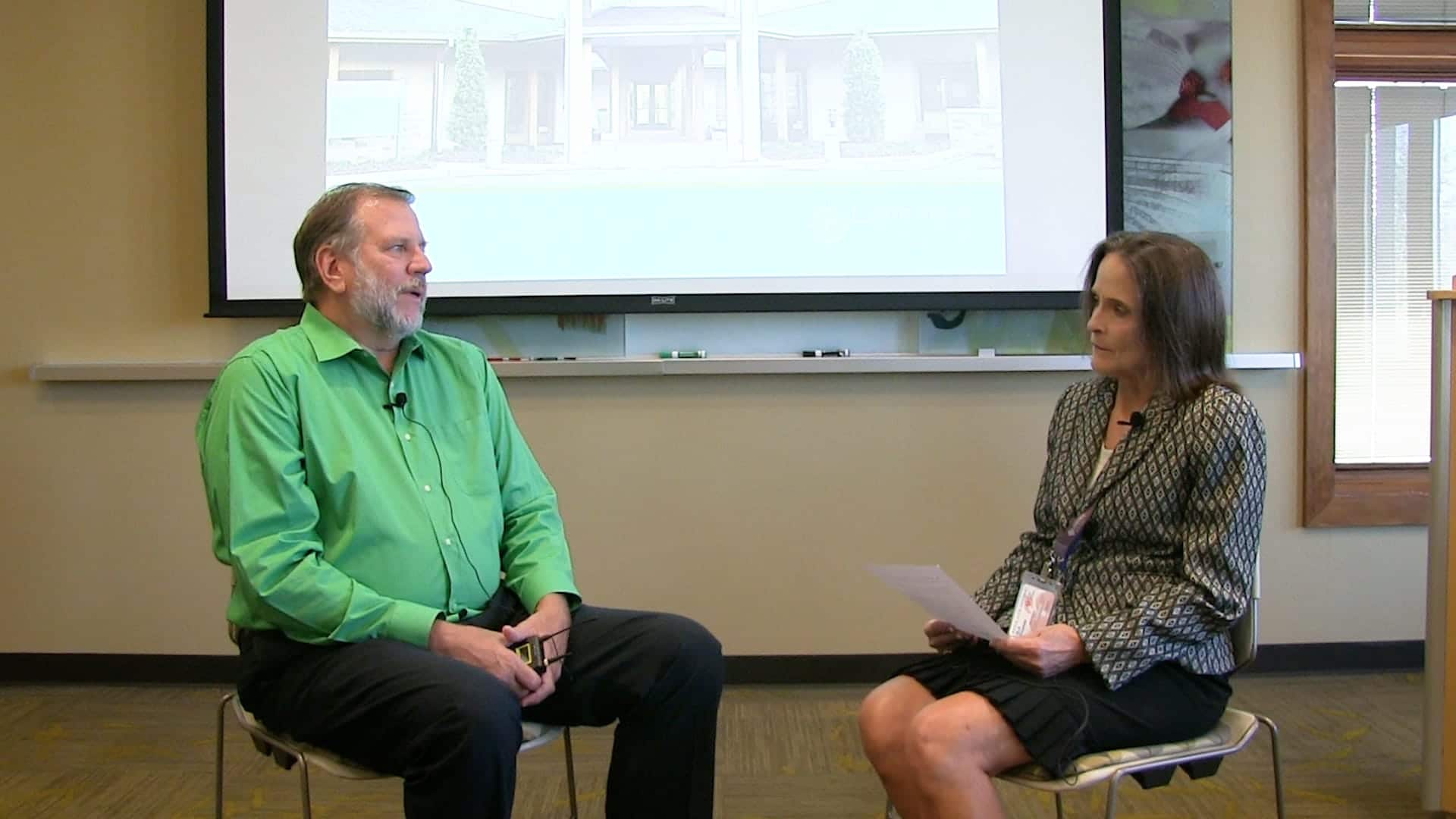In this podcast, Daniel Krasner talks about the challenges of treating young adults and college students at the Ranch at Dove Tree. Understanding the differences in development, executive function and life skills is key to help young adults be successful in residential treatment.
Interview
Gina: Hi everyone, this is Gina Thorne and welcome back again to the Lakeview podcast series. I’m joined today by Daniel Krasner with the Ranch at Dove Tree in Lubbock, Texas. Daniel is visiting with us here at Lakeview for the day and wanted to talk with you a little bit about what is The Ranch at Dove Tree?
Daniel: The Ranch at Dove Tree is a residential treatment center. We specialize with working with young adults with chemical dependency and mental health disorders.
Gina: What specifically would be different about the Ranch versus other young adult programs?
Daniel: Our program; our curriculum is built for the development for young adults. The majority of young adults that come to us have been students in the past. We specialize working with college students; we’re in collaboration with Texas Tech University, so our curriculum allows them to residential detox, residential treatment, transitional living, IOP, and transition to the Texas Tech Center for the Study of Addiction Recovery, which is a large program on the Texas Tech campus for students who are in recovery to re-enter college and the community throughout their college.
Gina: So you’re also an interventionist. Do you focus a lot of your energies around young adult intervention?
Daniel: I prefer to do young adult interventions, but a lot of them have been traditional adults, some adolescents, but the majority have been young adults.
Gina: Why so different, why is the treatment different for young adults than it would be, say, for 35- or 40-year-olds?
Daniel: For us, they are developmentally much different. They have a different set of problems. We need to focus on life skills. We need to focus on executive functioning. We need to figure out what they’re going to do when they leave treatment. They can’t go back home, so what sort of continuum they need to be involved with and how can we help them transition? The thing is, we want them to go from treatment and then transition back into life. So get in school, get a job, feel self-worth, feel what it feels like experience recovery before you get back into life and young adults when they get sober, they feel like they need to catch up, they need to get back exactly where they were and we try to slow that process down so they can figure out what it actually means to be in recovery and experience what recovery is before we start adding in all of life stressors.
Gina: So if you had a parent or a family member that’s listening today what would you recommend they do to try and get their young adult into treatment?
Daniel: First, I always recommend you ask your young adult would they like help and then let them be part of the process if they do. And if not, then I tell everybody to look for a treatment center like you’re shopping for a heart surgeon. Know what they’re doing, know how clinicians are certified and know what their degrees are in and know who’s doing the work and know what’s going to happen and what their plan is while they’re in treatment. And then just pray and hope and just be part of the family program.
Gina: Well it’s good advice. Hopefully folks will be able to take you up on that. You’ve spent sometime with us this morning here at Lakeview. What can you tell people about Lakeview? What’s your impression?
Daniel: My impression of Lakeview was very positive experience here. Much different then what I expected coming in. I think it’s a very homey feel, comfortable. The therapists and the people doing the work here seem to be very positive and that’s one of the things I look for when I go to treatment centers: How’s the staff? Are they smiling? Are they happy to be here, and they were and it’s clean. I mean, it’s a beautiful campus.
Gina: Thank you. So if someone needed to get access to treatment at Ranch at Dove Tree? How would they get in touch with you?
Daniel: They can call our 1800 number, which is 1-800-218-6727. They can look us up on the website Ranchatdovetree.com and all our information is there.
Gina: Perfect. Well it was really great talking with you, Daniel, thank you for stopping by.
Daniel: Thank you.
Gina: And for those of you that are interested in learning more about Lakeview, we invite you to visit us at lakeviewhealth.com or feel free to call us at 866.552.6557




